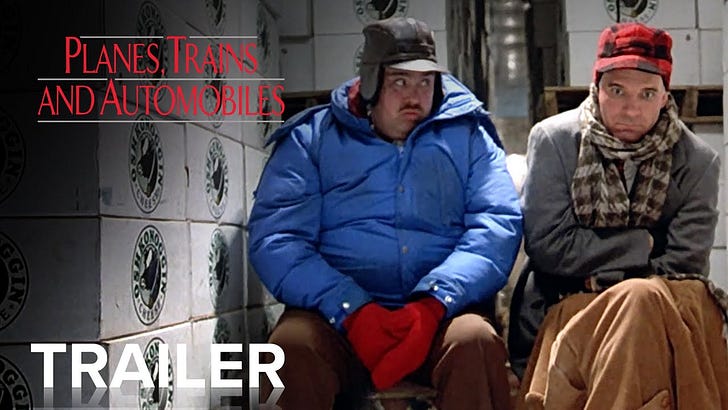A Thanksgiving Tradition
My wife and eldest daughter were diving into Netflix’s Hallmark-style holiday rom-coms when I decided to introduce my younger daughter, Vivienne, to a different kind of holiday movie.
When I suggested watching a Thanksgiving film, she asked, “Is that even a thing?”
“Yes, for this one great movie.”
Vivienne was already a Steve Martin…
Keep reading with a 7-day free trial
Subscribe to Elice Island Newsletter to keep reading this post and get 7 days of free access to the full post archives.




